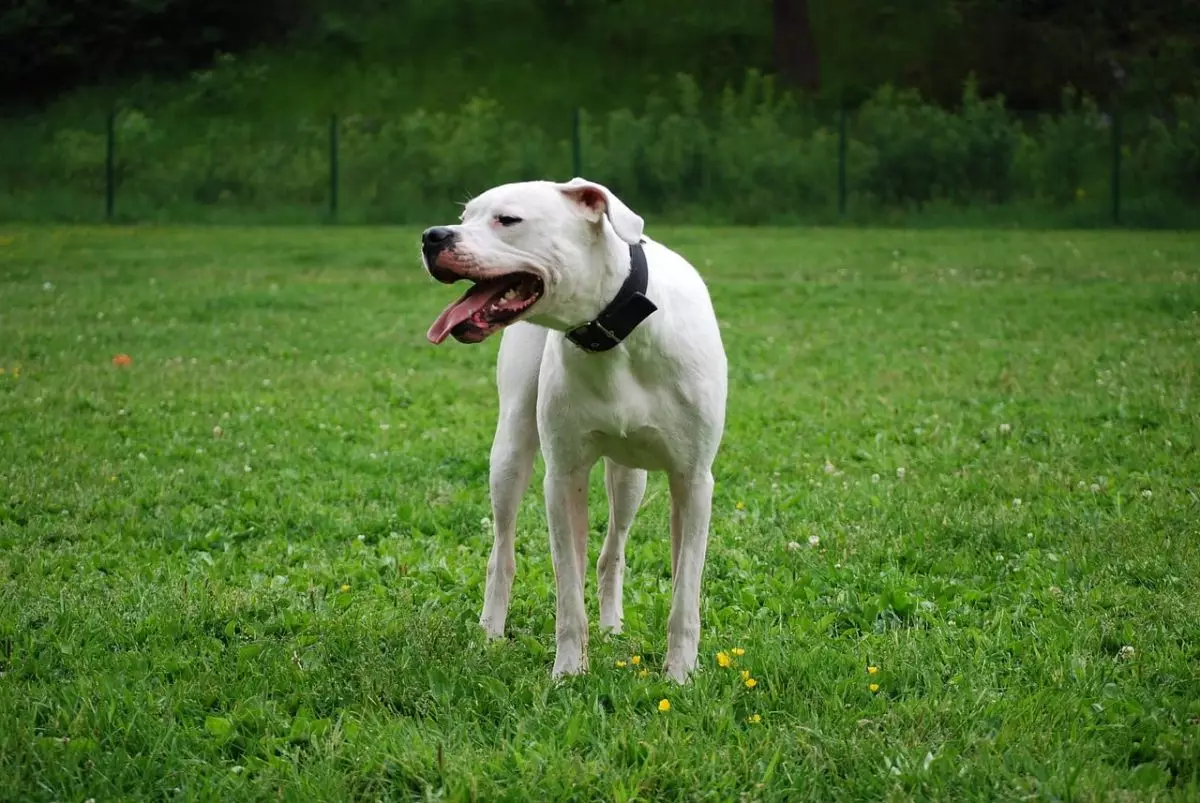The debate surrounding breed-specific legislation (BSL) has intensified over the years, shaking the foundations of how society perceives certain dog breeds and their behaviors. Many canine breeds, such as the Pit Bull, Rottweiler, and Doberman Pinscher, are often labeled as aggressive, resulting in outright bans or strict restrictions across various regions. This perspective raises vital questions about the effectiveness and fairness of such prohibitive laws, suggesting a shift in focus toward responsible ownership and individual dog behavior rather than discriminatory practices based on breed alone.
At the heart of BSL is the assumption that certain breeds inherently possess aggressive tendencies. However, this viewpoint is rooted more in stereotype than in substantiated evidence. Numerous studies have indicated that a dog’s environment, training, and socialization play central roles in shaping its behavior. Emphasizing breed over individual animal temperament can oversimplify the discussion, leading to unwarranted stigmatization of many loving, loyal dogs.
For instance, the Pit Bull, often lumped into a broad category that includes various breeds like the American Staffordshire Terrier and Staffordshire Bull Terrier, has been completely banned in places like the UK and certain Canadian provinces. Advocates for these breeds argue that the stigma surrounding them fails to account for the experiences of responsible owners who have successfully raised affectionate and well-adjusted dogs. When provided with proper training and social interaction, Pit Bulls can display remarkable loyalty and gentleness, qualities that should be recognized rather than ignored.
Another breed often facing scrutiny is the Rottweiler. These dogs are often perceived as inherently menacing due to their muscularity and protective instincts. While it is true that Rottweilers can become aggressive if neglected or poorly managed, it is important to note that they excel in nurturing homes where their guardians provide them with firm guidance and love. Banning or restricting Rottweilers in specific locations serves only to punish responsible owners and deny well-behaved dogs the opportunity to thrive as companions. Many Rottweiler owners share stories of their pets’ affectionate nature, emphasizing the importance of training and socialization to minimize risks and nurture their companionable instincts.
Similarly, the Doberman Pinscher has faced challenges under restrictive laws aimed at curbing perceived aggression. Countries like Singapore require special licenses and insurance for Doberman ownership, a response to a miscategorized perception of the breed. Like Rottweilers, Dobermans are misunderstood; they can bond deeply with families and serve not just as protectors but as loving companions. Educating the public about the necessities of proper handling and care can lead to better outcomes than breed-specific bans.
Rare breeds, such as the Japanese Tosa or Dogo Argentino, frequently find themselves at the mercy of BSL due to their historical backgrounds linked to fighting or hunting. The fallacy that these breeds must be inherently dangerous perpetuates a narrative that leads to unnecessary fear among communities. With early socialization and a nurturing environment, these dogs can embody loyalty and gentleness. In these cases, the focus should rest on the dog’s upbringing rather than attributes tied to their breed.
Beyond mere regulations focused on specific breeds, the core issue lies in responsible dog ownership. Authorities should prioritize education on proper training and socialization techniques. A well-managed environment can dramatically transform any dog, regardless of breed, into a highly adaptable and loving companion. Initiatives to promote community engagement and responsible pet ownership are vital steps toward erasing the prejudices that give rise to breed-specific laws.
Moreover, breeds like the Alaskan Malamute or the Cane Corso, while not necessarily aggressive, often fall prey to misunderstandings regarding their size and strength. Dyed under the brush of mistrust, they too can be incredible family pets with proper guidance. Instead of restricting ownership, communities can benefit from setting frameworks that promote informed ownership practices.
The ongoing discourse surrounding dog breed bans and restrictions necessitates a broader understanding. By shifting the focus from discriminatory legislation to responsible, informed ownership, we can create an environment where all dogs, regardless of their breed, are given a fair chance to thrive. With community education initiatives and a nuanced understanding of canine behavior, society can cultivate a future where love and proper care take precedence over fear and misinformation, allowing our furry companions to emerge from the shadows of stereotypes into the bright light of companionship and loyalty.

